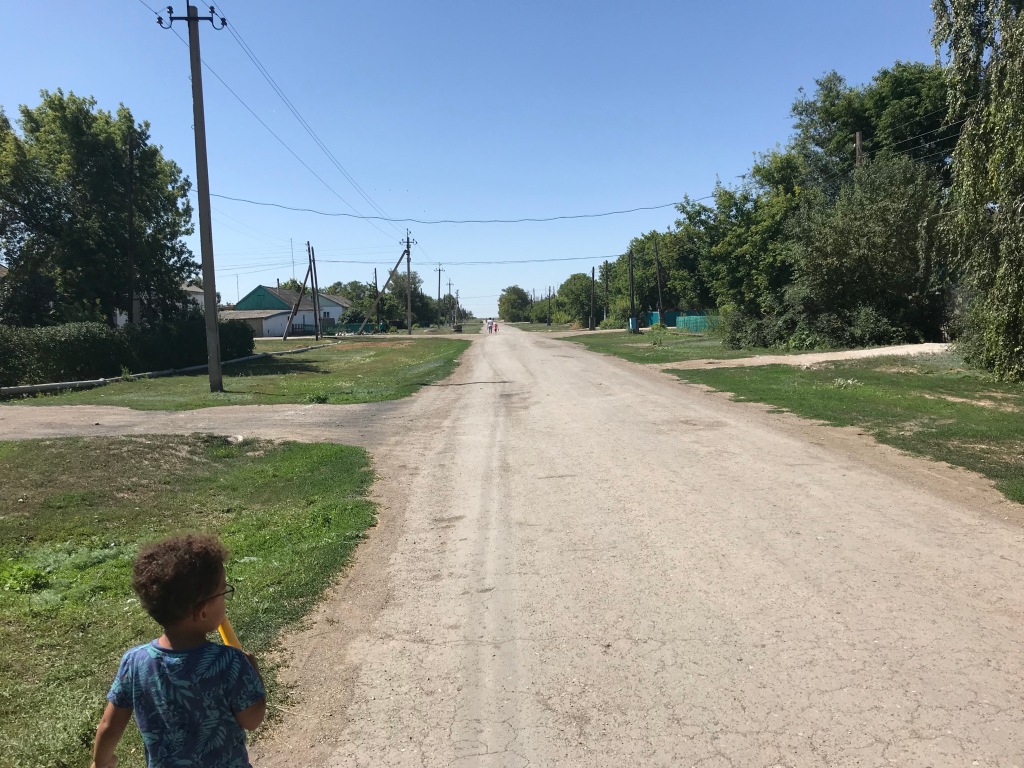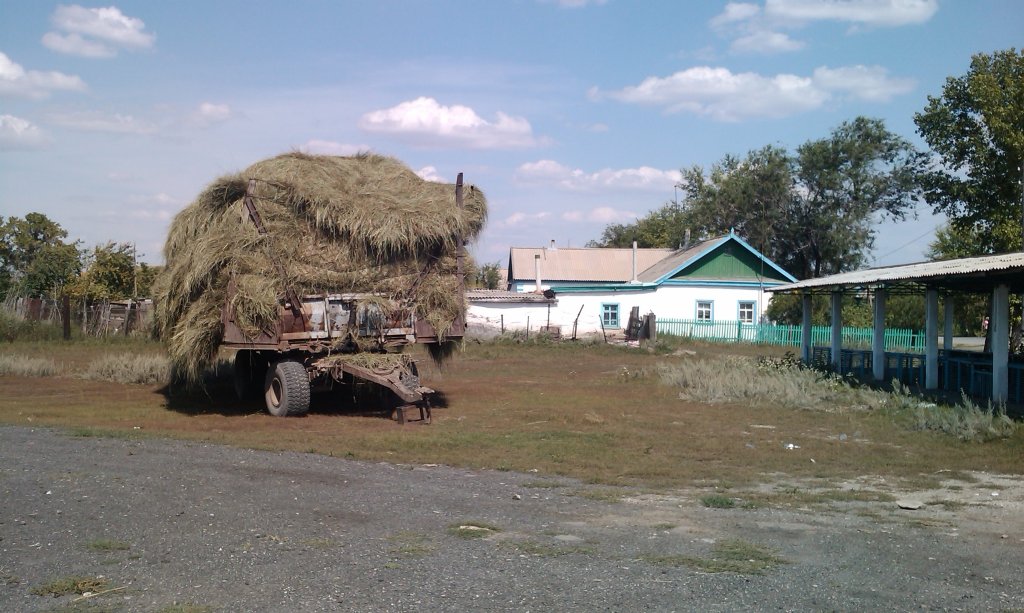Kazakhstan, the vastness of your miraculous steppe does something with me; responds to the calling of my soul, lingering ‚home‘. Vastness, freedom, where borders neither exist nor claim their control.
Kazakhstan, place I was born into. Where my mother and my father have grown up, were educated and socialized. It did not take me long to understand that I am a child of imperialism. I hear the colonial legacy in comments such as „Kazakh people are not able to work properly“ or „You cannot trust them, they have these (makes a face to mimic ‚Asian‘ facial features) eyes“. Something within me calls for dropping this legacy, while I know that I can’t ever rid myself of the entanglements of my ancestors‘ histories and the paths that my being-in-this-world paves for my descendants and their generations. Between moral and energetic (holistic) reasonings, I swirl back and forth between differentiating myself from the imperialist mindset of Russian (Soviet) settlers and integrating myself into the wholeness of what happened here.
Kazakhstan, land of the wanderers. Coinciding with the brutal scars that have been left upon you by forced deportation, starvation and cultural epistemicides. While walking through the national military museum, I can’t help myself but assuming that all these paintings decorating the giant walls (which have no creation dates) depict processes of mimicry of the Western ideology that sets what counts as ‚culture‘ – a certain type of fine arts, a certain way of exposing objects, a certain… kind of ‚civilization‘.
I do not know whether and how the global colonial matrix includes the imperial relation between the former Soviet Union and the regions and peoples it swallowed. Yet, I did read that the governmentally-induced famines of the 1920 and 1930s decimated the native Kazakh population to become a national minority, constituting a dramatic, yet forgotten genocide.
No, I cannot shake this legacy off, when I am amidst the German-Russian part of my family who push the memories of Kazakhstan and Soviet times to the edges of their being-in-this-world. When I touch a sense of transgenerational traumatization that is being relativized by reminders of rational reasoning, economic welfare in the present and a desire for development in the future. No, I can neither shake this legacy off when I visit the Russian-Ukrainian part of my family in Kazakhstan, where latent downgrading of Kazakh natives accompany everyday life. Where holding on to an idea of Soviet-Russian civilization, culture and groupness constitutes a sense of belonging, which constantly represses its own shadows.
But this legacy has called me, whispering songs of its longing for truth, integration, acknowledgement. And has sparked in my heart a fire of a decolonial attitude, which silently screams for reconstitution of love and shared humanity as foundation of being-in-this world.
As a child of imperialism, my soul longs to unite with a harmony that has never fully gone lost. I am also a child of the world.

